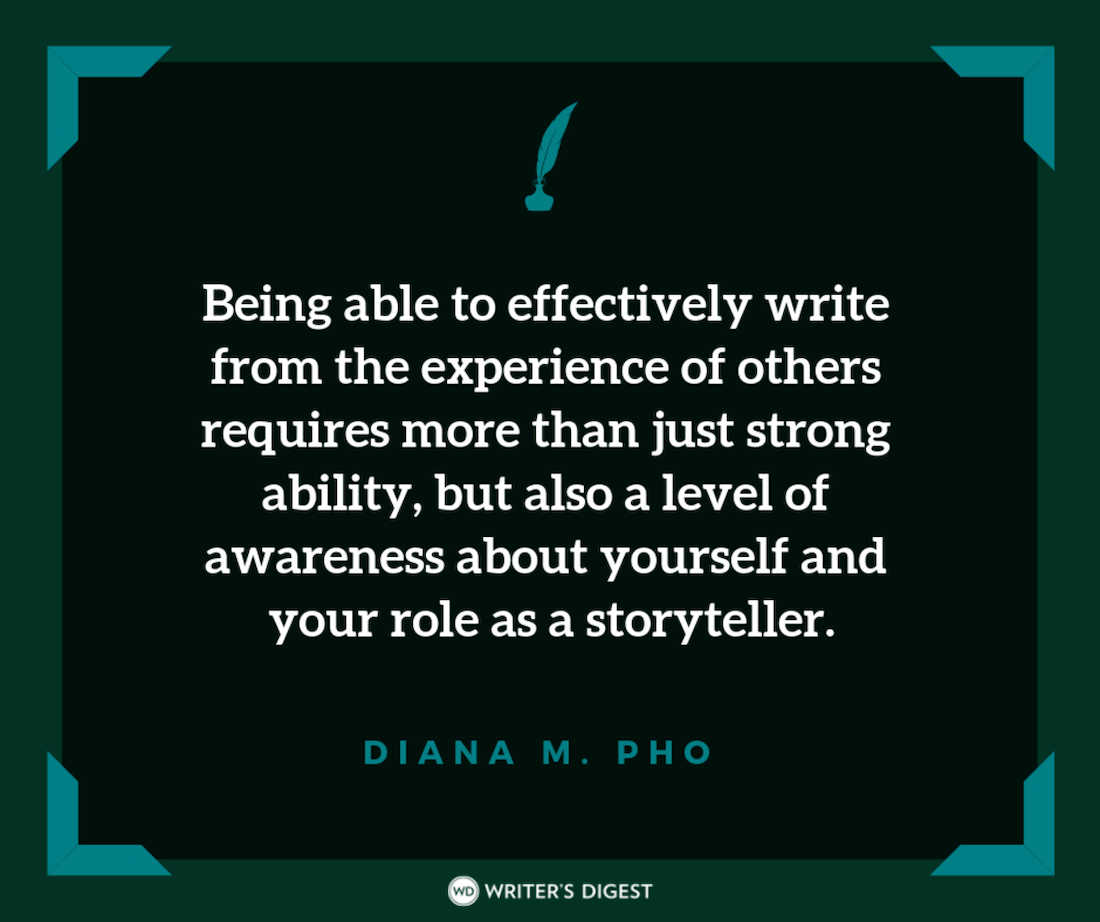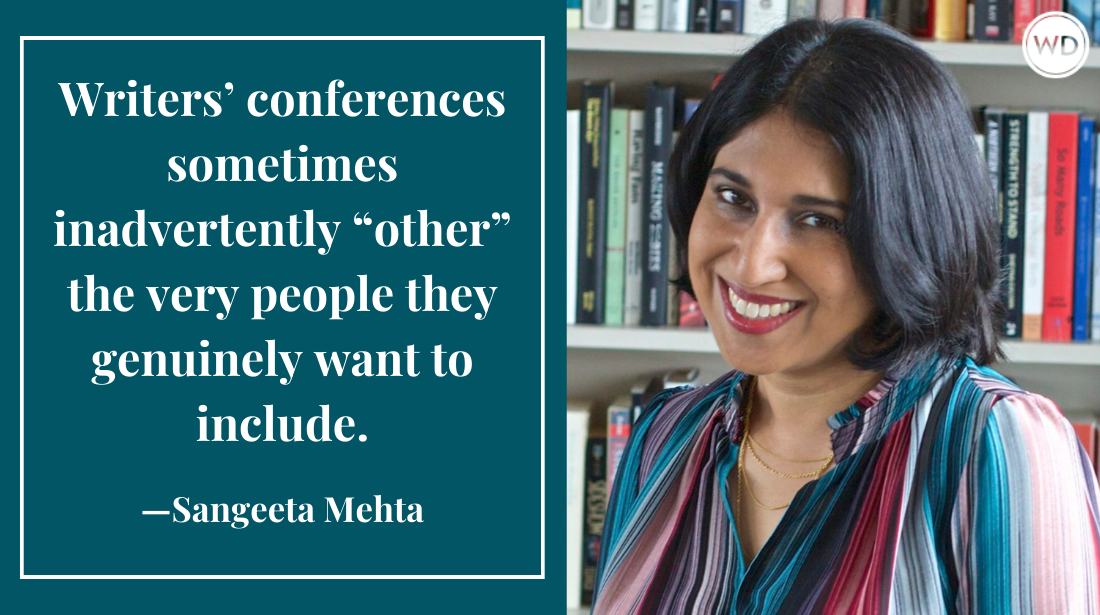The Misleading “Research” By McSweeney’s
Let’s be clear: I don’t think print will die. But that’s no reason to concoct “research” about publishing that says “almost all of the news is good, and most of…
Let's be clear: I don't think print will die.
But that's no reason to concoct "research" about publishing that says "almost all of the news is good, and most of it is very good."
That's what McSweeney's has done with their series on "The State of Publishing" or "Some Good News From the World of Books."
Here are a few of their misleading statements, and why they are misleading.
1. Library membership and circulation is at an all-time high.
But do you know what people are doing with those library memberships? Multimedia is the biggest growing segment of what libraries loan. Video borrowing from public libraries actually grew faster than video rentals from commercial providers from 1985 to 2004. Many libraries now report that AV borrowing is in the 40 percent range.
The McSweeney's article seems to research only those libraries that prove
their argument. Did they call up the University of California Library System, which saw a 54% decline in
circulation between 1991 to 2001, of 8,377,000 print books to 3,832,000?
2. "Book sales are up."
They don't give figures for 2009-2010, only 2008. That aside, stagnating would be a more accurate description of sales in terms of revenue. The figures McSweeney's cites are also highly problematic—further detail below.
At the publishing company I just left, the biggest mantra I heard was: "Raise prices." Why? Because we couldn't expect decent growth otherwise. So this also contributes to the illusion of health.
3. Bookscan sales are up.
Bookscan unit sales may reflect a minor increase, but also more retail outlets have been added to Bookscan, and the explosion of titles (self-published and POD titles) are also misleading indicators of health. More accurate research would compare title releases, unit sales, and revenue of the Big Six.
4. Title counts are healthy (and up).
It's telling that McSweeney's report only mentions title output through 2008, even though 2009 numbers are available.
In 2009, traditional title output dropped by 3%, and in the fiction category by 15%. See this article from Publishers Weekly that talks about growth in nontraditional/unclassified segments that overshadow the growth of every other segment.
Other figures that McSweeney's sites are too old to even argue with. (2005? Really, why bother citing such old information considering the age we live in?)
McSweeney's report accidentally exemplifies the overall problems of capturing accurate data on U.S. book sales.
In the January 18, 2011, Publishers Lunch, Michael Cader reported that AAP and BISG hired Bowker as the data collection provider for new industry stats. Why is this news? Because the stats are known to be a mess.
A year ago, Cader commented about Bowker's information on annual publication stats: "So for now, these annual numbers are going to keep getting bigger and bigger and, absent further changes in the statistics, they are going to keep meaning less and less about the world trade publishers operate in."
And he also commented (even earlier than that!):
Discerning readers already know that on a standing basis, we very consciously do not report periodic numbers from the AAP, Census Bureau, and IDPF since they are so incomplete (and sometimes inconsistent) as to be more confusing than illuminating. Nielsen Bookscan is great for what it covers, but is also incomplete (and doesn't capture certain things, like ebook sales, at all).
If you have a Publishers Marketplace subscription, then take a look at this archived Lunch note from Cader that really sums it all up.
All that said, McSweeney's is right about one thing:
"The ratio of printed books to e-books changes drastically with each venue."
If you look at bestsellers from Big Six companies, the industry now sees some titles with 50% unit sales from electronic editions. If you look at sales from companies like McSweeney's, or literary presses, the percentage is far lower, less than 5% in many cases. Why? Either their audience demographics don't match the e-reading demographics, or these publishers don't have the financial means or desire to offer e-editions.
Also keep in mind:
- McSweeney's print subscriptions/offerings are
as much about physical packaging as the content (e.g., their special newspapers, their unique box sets, their literary offerings that have even been delivered in the guise of junk mail). - A few years back, McSweeney's had to undergo a period of fundraising to stay afloat.
McSweeney's devotion to the physical book form should not call for—or require—"research" that informs the rest of us that it's business as usual.
If you'd like to see some of the statistics I uncovered recently, go see this post from December 2010 at Writer Unboxed: How Bad Is It Really in the Publishing Industry?
--
Update: I love this post by We Who Are About to Die. It talks about all the good news McSweeney's could have discussed, but didn't. Must read.
--
Late Postscript: I didn't think it was relevant to mention, but given some responses I've received privately, I think it is.
I have been a longtime fan of McSweeney's. As my colleagues at Writer's Digest could tell you, I would repeatedly bring their publications to team meetings and say: THIS is what we need to do. I admired how their physical production was as much a piece of art as the writing contained inside. It made the print product worth having and worth investing in. I think a segment of print publishing may end up going in this direction. (Book as talisman, as keepsake, as identity giver.) Make sure you read this post for more on this angle.
Loyalty aside, I am disappointed by the quality of reporting and analysis presented by McSweeney's, and think they should be held to a higher standard. They have a significant voice that thousands in the literary community pay attention to.
Jane Friedman is a full-time entrepreneur (since 2014) and has 20 years of experience in the publishing industry. She is the co-founder of The Hot Sheet, the essential publishing industry newsletter for authors, and is the former publisher of Writer’s Digest. In addition to being a columnist with Publishers Weekly and a professor with The Great Courses, Jane maintains an award-winning blog for writers at JaneFriedman.com. Jane’s newest book is The Business of Being a Writer (University of Chicago Press, 2018).








